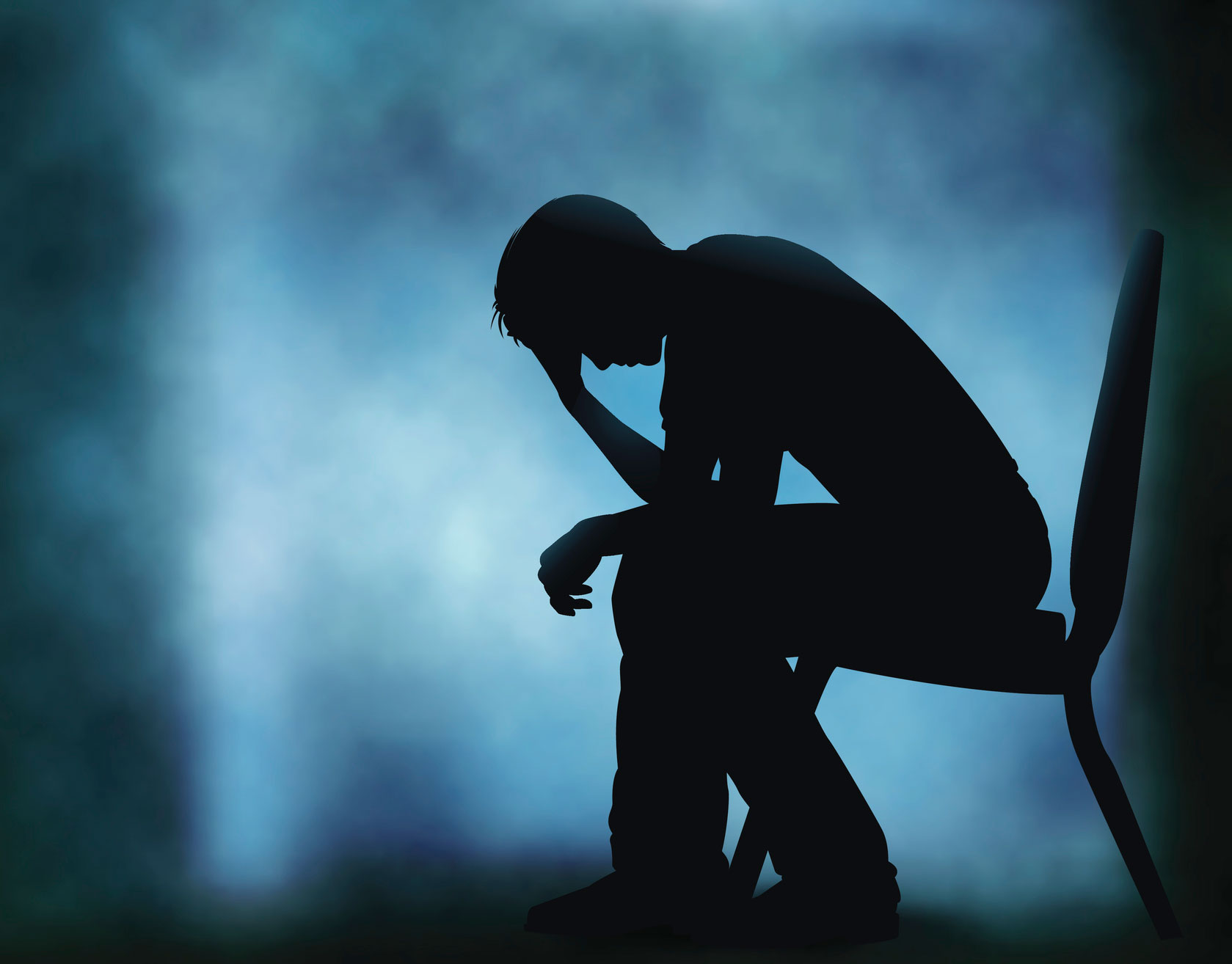<< Back
Men, But Not Women, Experience These Signs of Depression

June 24, 2019
Depression – never considered a one-size-fits-all disease – varies so dramatically between men and women that many men don’t even realize they have it.
Then, if some symptoms do seem familiar – or, most likely, someone close to them points it out – many men tend to downplay the severity of depression instead of seeking help.
Dr. Ila Sabino, a psychologist with Tallwood Men’s Health at Hartford HealthCare, said it’s crucial to help men understand and acknowledge any symptoms depression and seek help.
“Women are much more likely to ask their primary care provider for medication help or to see a counselor than a man is,” she said. “Whether it’s fighting age-old stigmas about men and weakness or just a general lack of understanding, we need to help men understand what depression looks like for them and how and why they should get help from trained professionals like psychologists and licensed clinical social workers. It’s about improving their mental health and overall quality of life!”
The differences between men and women can be seen in the symptoms of depression. Although both genders often experience symptoms like sadness, sleep problems, fatigue and loss of pleasure, men with depression are more likely to experience:
- An increase irritability and anger.
- A tendency to engage in impulsive or risky behaviors.
- Increased use of alcohol or drugs to try to cope with distressing symptoms.
- Isolation and social withdrawal.
“Men tend to downplay their symptoms, deny that they are depressed and avoid seeking help,” Dr. Sabino said.
Increased impulsivity means that men are also four times as likely to die by suicide as women. They avoid discussing their thoughts and plans with others, and use more lethal means to kill themselves. For the same reasons, they are more likely to abuse illicit drugs and alcohol and more apt to die from an overdose.
Stigma also causes men to try to hide anxiety disorders too, Dr. Sabino said. Women experience higher rates of anxiety, causing increased shame for men when they notice the same symptoms.
“They will often try to hide or minimize their symptoms and try to manage them with on their own, often by using drugs or alcohol or trying to ‘tough it out,’” she said. “Men with anxiety often experience irritability and anger and engage in avoidance behaviors that can lead to depression or worsening of their anxiety symptoms.”
The key, according to Dr. Sabino, is being attuned to the symptoms of depression and anxiety and seek professional help rather than self-medicating with alcohol or drugs, or avoiding them in the hopes that they will go away.
For more information on men and depression, click here.